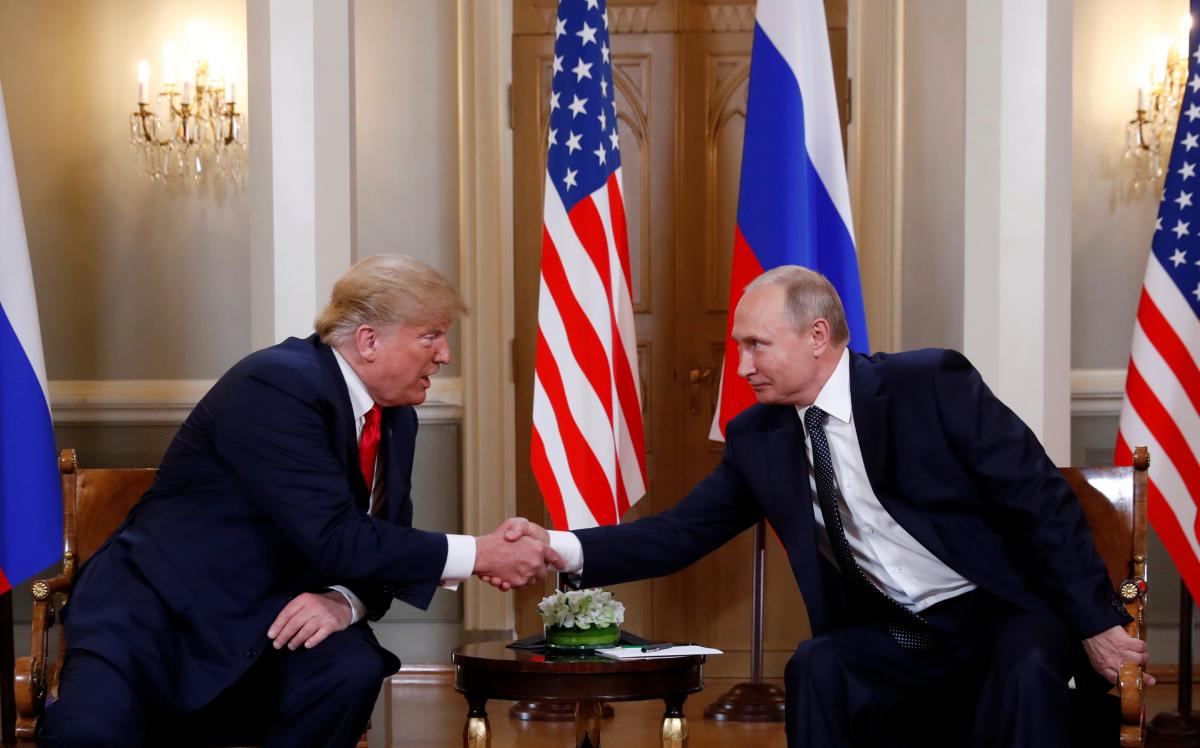
The Trump administration is siding with Russia in a potential landmark case over an issue that threatens to tear the World Trade Organization apart: What actions can countries take in the name of national security, even if it violates their WTO commitments?
The panel’s decision, expected later this year, could be consequential for a number of cases brought against the U.S. over President Donald Trump’s use of steel and aluminum tariffs, POLITICO reports.
However, the case involving Russia stems from a different type of action — namely, transit restrictions that Moscow imposed on Ukraine in January 2016 that cut off key markets in Central Asia and the Caucuses, which Ukrainian exporters can only reach by Russian roads. The move came amid continuing conflict between the two nations over Russia’s illegal annexation of Crimea in March 2014 and a war in eastern Ukraine that’s now in its fifth year.
Read alsoRussia threatens to withdraw from WTO if EU claim satisfied
Although the U.S. backs Ukraine in the larger territorial conflict, both the U.S. and Russia argue the WTO has no right to weigh in on the case Ukraine brought against the transit restrictions.
That’s because Moscow says it imposed its restrictions as a national security measure under Article 21 of the General Agreement on Tariffs and Trade, which allows members to take actions that violate their WTO commitments for purposes of national security.
Read alsoUkraine defeated by Russia in new WTO dispute – media
The U.S. government argues that “the dispute involving essential security is political in nature and, therefore, beyond the proper authority and competency of the WTO to assess.”
It’s the same argument the Trump administration is using to justify its steel and aluminum tariffs. Both Washington and Moscow insist Article 21 claims are “non-justiciable” — meaning WTO panels can’t rule on any dispute invoking the national security exemption.
In the other words, they argue “as soon as anybody says the word ‘Article 21’ out loud, the panel has to stop and go home,” Jennifer Hillman, a former WTO Appellate Body judge, said in a recent speech.

